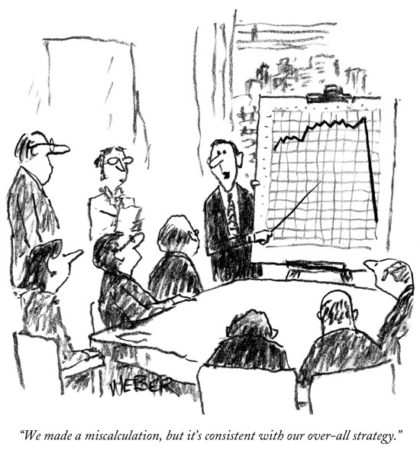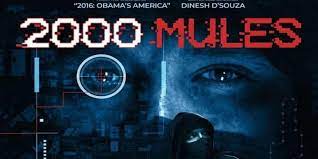Introduction: As I write these words, the Supreme Court is poised to strike down Roe. One rumor has it that this may be done as early as today and, if true, would be cause for great rejoicing. ...
Keeping the Mules Honest
So I haven’t had an opportunity yet to view 2000 Mules, but what with the buzz about it, and clips floating around, together with other bursts of info and what not, I need to say something. There is one aspect of the whole story that simply encapsulates our fin-de-siècle cluelessness in a nutshell. This one …
As In Our Own Time
“Malcolm Muggeridge once quoted the wit who identified a similar problem in the time of Britain’s decline: ‘Everything was at sea except for the fleet.’”
The Cultural Mind, p. 17
Meanwhile at Disney

Salutation from the NSA Board
I bring all of you greetings from the NSA board, and with particular congratulations offered to our graduates here assembled. Grace and peace to you from God our Father, and from the Lord Jesus Christ. ...
The Three Branches
“One of the principal causes of grief in our broader culture today is that we have taken His instructions to Larry and assigned them to Moe, and the instructions given to Curly have been taken up by Larry.”
The Cultural Mind, p. 16
Principled Thought
“As we look at the eternal antithesis between right and wrong as it looked when clothed in the details of another time, we will be equipped to see what can never be buried and what should be. We will see ideological fads and fashions, as well as the permanent things.”
The Cultural Mind, p. 14
On Not Being Catty About It
Dear Darla, I told you in my last letter that guys are pretty straightforward. This is not to say that there are no complicated men, for there are, but taking one thing with another, guys are less complex than women. It can take a women some adjusting to get used to this, because underneath each …
The Devil’s Stragglers
“The biblical pattern of evangelism was not at all like our modern method of picking off the devil’s stragglers, but rather a pattern of bringing the good news to household after household.”
The Cultural Mind, p. 8
But It Is Not Close Enough
“Too often the picture of men at church is that of the hapless drone, maneuvered through the doors by a pious wife. He is not exactly spiritual, but he is docile, and that is reckoned to be close enough.”
The Cultural Mind, p. 7





